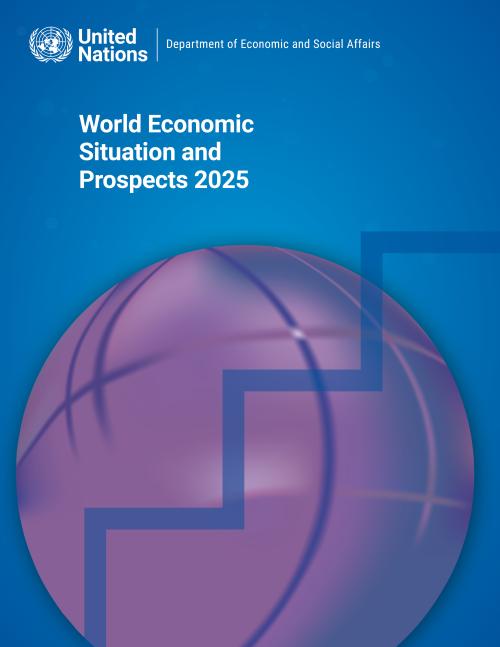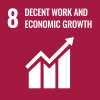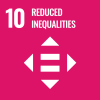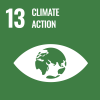Global economic growth is projected to remain at 2.8 per cent in 2025, unchanged from 2024, according to the United Nations flagship report, World Economic Situation and Prospects (WESP) 2025. While the global economy has demonstrated resilience, withstanding a series of mutually reinforcing shocks, growth remains below the pre-pandemic average of 3.2 per cent, constrained by weak investment, sluggish productivity growth, and high debt levels.
The report notes that lower inflation and ongoing monetary easing in many economies could provide a modest boost to global economic activity in 2025. However, uncertainty still looms large, with risks stemming from geopolitical conflicts, rising trade tensions and elevated borrowing costs in many parts of the world. These challenges are particularly acute for low-income and vulnerable countries, where sub-par and fragile growth threatens to further undermine progress towards the Sustainable Development Goals (SDGs).
“Countries cannot ignore these perils. In our interconnected economy, shocks on one side of the world push up prices on the other. Every country is affected and must be part of the solution—building on progress made,” said António Guterres, United Nations Secretary-General, in the foreword to the report. “We’ve set a path. Now it’s time to deliver. Together, let’s make 2025 the year we put the world on track for a prosperous, sustainable future for all.”
Critical minerals: A vital opportunity for accelerating sustainable development
The report highlights the potential of critical minerals for the energy transition—such as lithium, cobalt, and rare earth elements—and also for accelerating progress towards the SDGs in many countries.
For resource-rich developing countries, rising global demand for critical minerals presents a unique opportunity to boost growth, create jobs, and increase public revenues for investment in sustainable development. However, the report warns that these opportunities come with significant risks. Poor governance, unsafe labour practices, environmental degradation, and over-reliance on volatile commodity markets could exacerbate inequalities and harm ecosystems, undermining long-term development gains.
“Critical minerals have immense potential to accelerate sustainable development, but only if managed responsibly,” said Li Junhua, United Nations Under-Secretary-General for Economic and Social Affairs. “Governments must adopt forward-looking policies and comprehensive regulatory frameworks to drive sustainable extraction, equitable benefit-sharing, and investments in building productive capacities to maximize the development gains from these resources.”
 Welcome to the United Nations
Welcome to the United Nations



